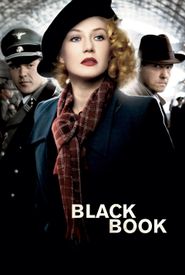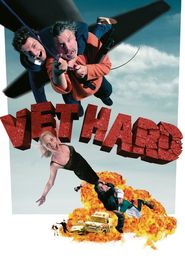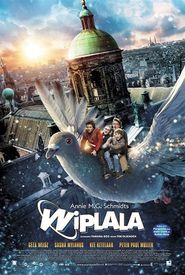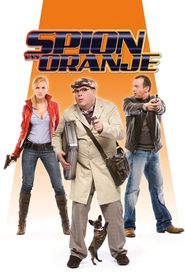Tim Oliehoek (born 1979) began his journey in filmmaking at a young age, being accepted into the Dutch Film and Television Academy at 18 after producing his first two-and-a-half hour action movie, BUY OR DIE, prior to his enrollment. This early start earned him significant press attention and recognition for his future projects.
After graduating in 2001 with the film 'ISABELLE', based on the novel by Tessa de Loo, Tim received a Tuschinski Award nomination and won a Student Award at the USA Film Festival.
In 2002, he directed THE CHAMP, which earned a Student Academy Award nomination for Best Foreign Film. Following his graduation, Tim went on to direct numerous commercials and short films.
In 2005, he made his feature film debut with VET HARD (also known as TOO FAT TOO FURIOUS),which achieved success in both its theatrical release and home video release.
Between feature film projects, Tim directed 18 episodes of the television series 'SHOUF SHOUF', which won the Spanish award Premios Ondas and received a Rose d'Or nomination.
In 2009, his second feature film, SPION VAN ORANJE (also known as SPY OF THE QUEEN),was released, starring Paul de Leeuw.
Tim's subsequent films included PIZZAMAFFIA (2011),based on a novel by Khalid Boudou, and CHEZ NOUS (also known as 'QUEEN OF AMSTERDAM', 2013),a romantic comedy written by Frank Houtappels.
In 2014, he released THE AMAZING WIPLALA, a family movie based on the book by Annie MG Schmidt, which received widespread critical acclaim and won several awards, including The Golden Film Award.
In 2016, Tim directed a three-part television miniseries, THE MENTEN CASE, based on the true story of journalist Hans Knoop, which received a positive response from critics and reached over 1 million viewers, winning several awards, including a Dutch TV-Award, a Director's NL Award, and a Rockie Award.
Currently, Tim is working on the film adaptation of the book THE SECRET DIARY OF HENDRIK GROEN, a 12-part series with Kees Hulst and André van Duin, set to premiere on Dutch Television in October 2017.






















